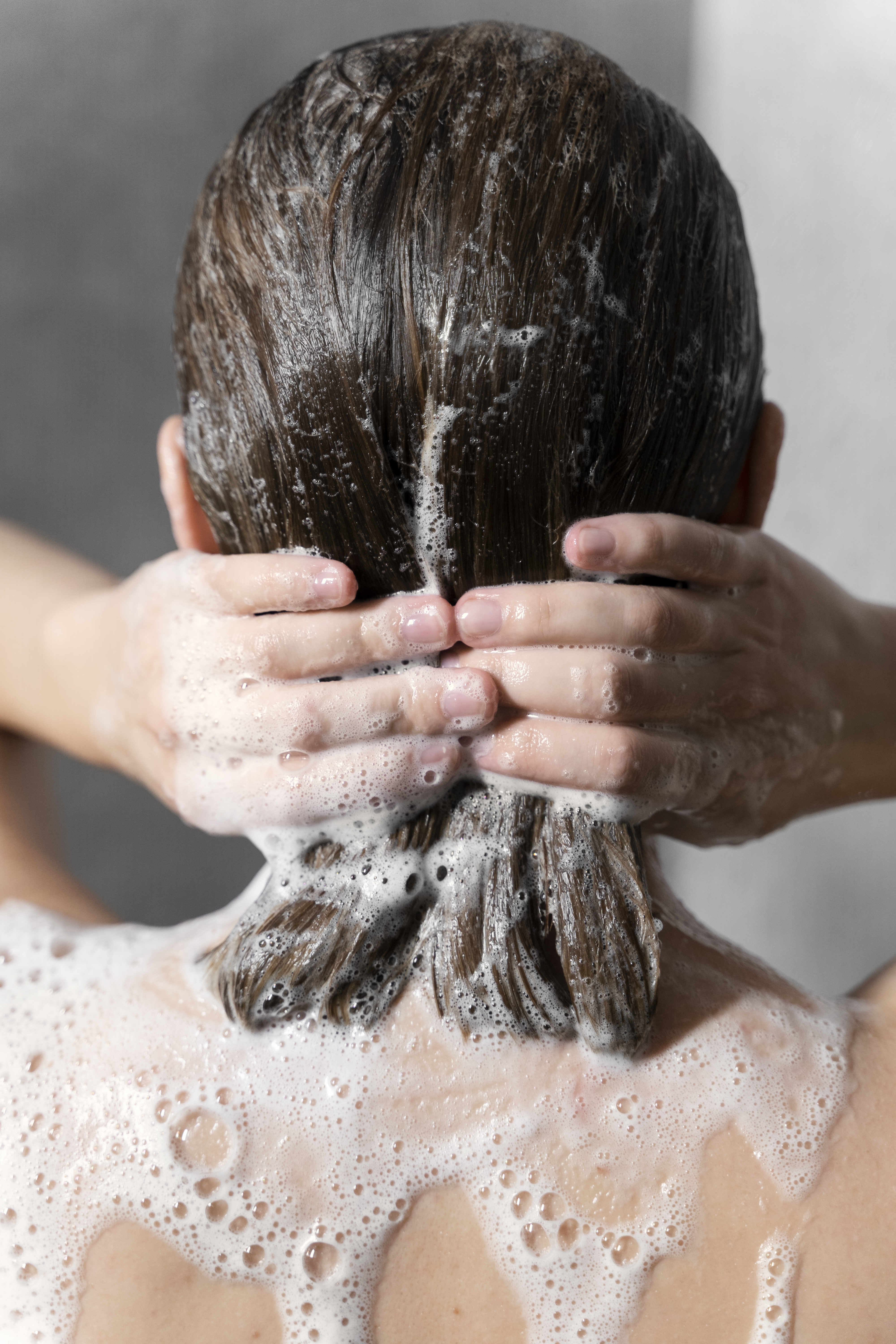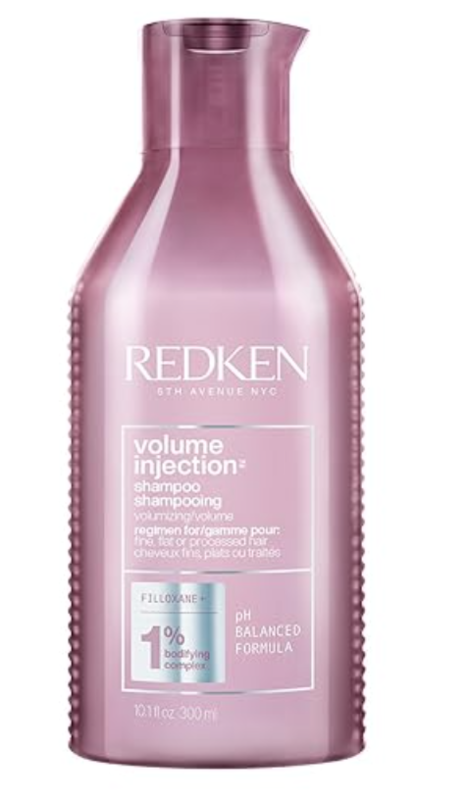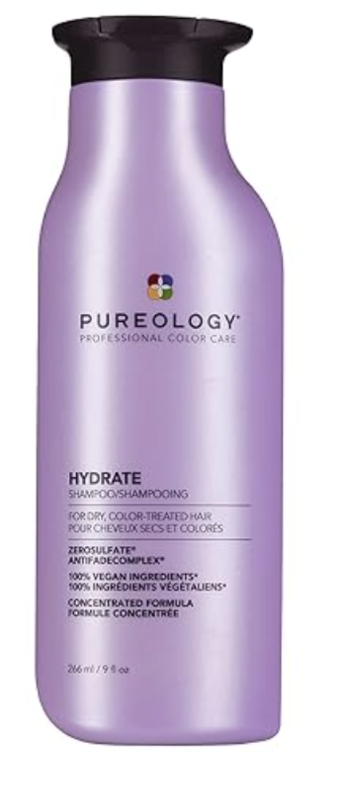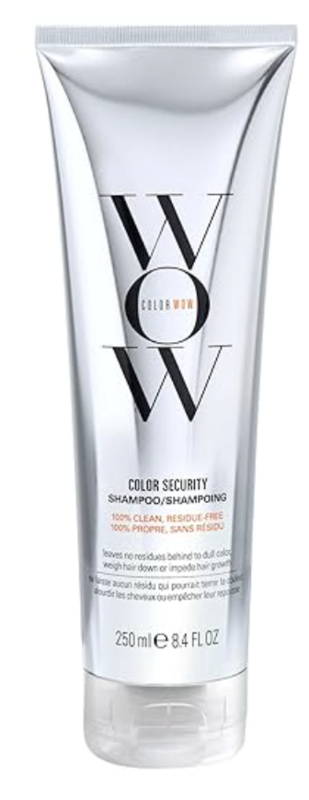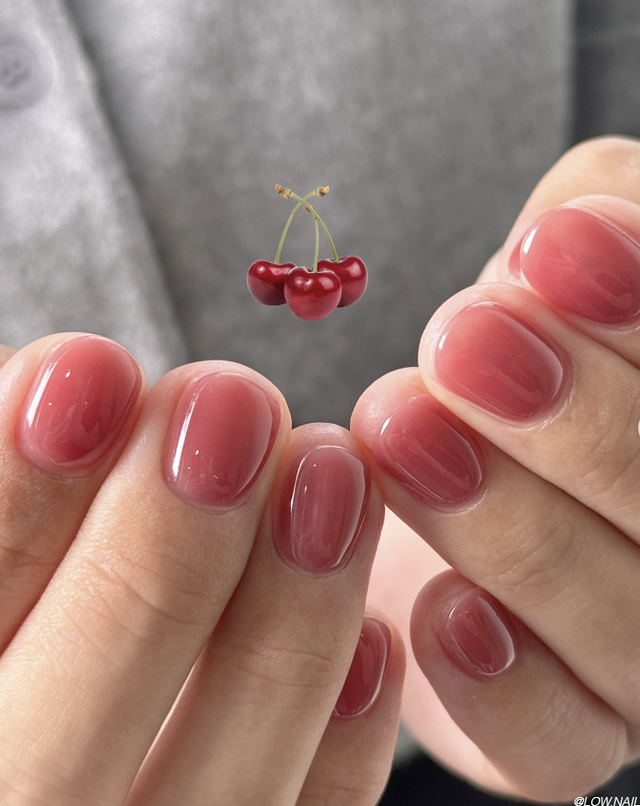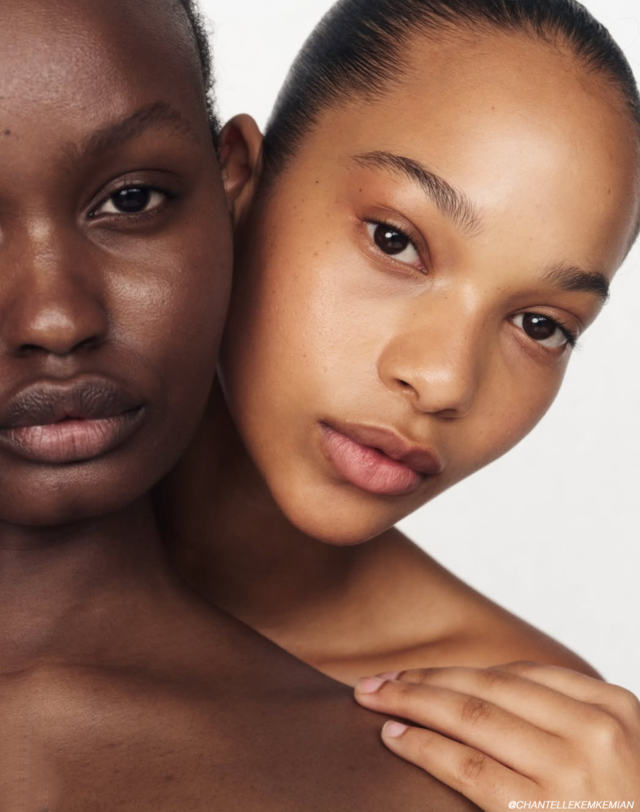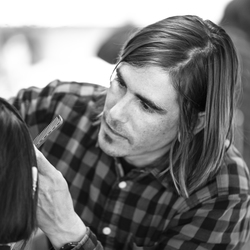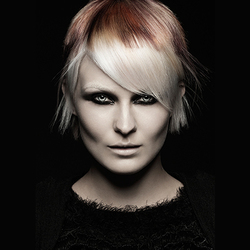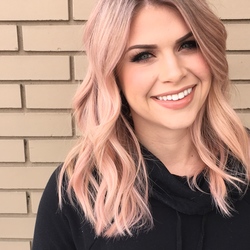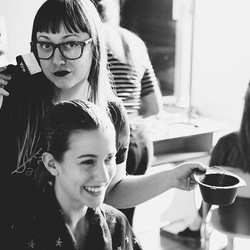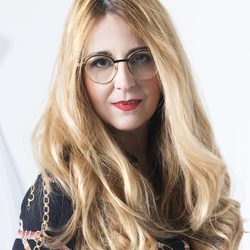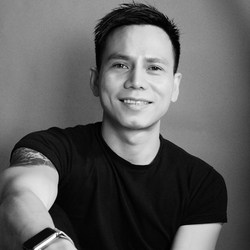Let’s talk about one of the most confusing and weirdly polarizing parts of our beauty routines: hair washing. Some people wash their hair daily like it's a sacred ritual. Others can go a full week or more with nothing but dry shampoo and good vibes. So, who’s right? And how often should you really be washing your hair?
Spoiler alert: There’s no one-size-fits-all answer, but there is a sweet spot—and finding it depends on a few things like your hair type, lifestyle, and even your zip code.
Let’s break it down.
First, What’s the Point of Washing Hair Anyway?
Washing your hair isn’t just about sudsing away or making your head smell like a tropical island. Shampoo’s main job is to cleanse your scalp—removing oil (a.k.a. sebum), product buildup, dead skin cells, and any mystery gunk from your commute, gym, or weekend adventures.
But here’s the catch: shampoo doesn’t just remove excess oil. It can also strip away the natural oils that keep your scalp and strands balanced and happy. So while that squeaky-clean feeling might feel like a win, it could actually be a red flag that you’re overdoing it.
Okay, So How Often Should You Wash?
Here’s the part where things get personal. Your ideal wash schedule is like your fingerprint—it’s unique to you. But we can definitely give you a starting point:
1. Fine or Oily Hair
If your hair gets greasy by lunchtime or looks limp the day after washing, you’re probably on the oilier side. People with fine strands often have more oil glands per square inch, so things can get greasy fast. In that case, washing every other day (or every day, if truly necessary) can help keep things fresh.
Tip: Avoid super-heavy conditioners near your roots and look for volumizing or clarifying shampoos that won’t weigh you down.
Redken Volume Injection Shampoo
2. Thick, Coarse, or Curly Hair
If your hair takes three hours to dry and frizz is a constant companion, welcome to the “less is more” club. Curly and coarse textures are usually drier because it takes longer for scalp oils to travel down each strand. Washing too often can leave your hair parched and prone to breakage. Once or twice a week is usually plenty.
Pro move: Use a sulfate-free shampoo and follow up with a deep conditioner. Your curls will thank you.
Pureology Hydrate Shampoo
3. Color-Treated or Damaged Hair
Washing your hair too frequently can cause color to fade faster than a bad tan. It also strips away protective oils that damaged hair desperately needs. Try to wash no more than twice a week and use color-safe, nourishing products.
Dry shampoo and creative updos are your best friends here.
COLOR WOW Color Security Shampoo
4. Active Lifestyles and Sweaty Situations
If you work out often, you might feel the urge to wash your hair every time you break a sweat. But unless your scalp feels itchy or smells less-than-fresh, a rinse with just water or a co-wash (conditioner-only wash) might do the trick. Over-washing post-gym can backfire by drying out your scalp and actually triggering more oil production.
Signs You Might Be Washing Too Often
Washing your hair too frequently can sneakily backfire. If you’re seeing any of these signs, your scalp might be telling you to chill out with the shampoo:
Your scalp feels tight or irritated
That squeaky-clean feeling? Not a good sign. A tight, itchy, or overly dry scalp means your natural oils have been stripped away. This can weaken your scalp’s barrier, leading to sensitivity, redness, or even flakes that aren't dandruff—just dryness from overwashing.
Your ends are splitting or frizzy
Dry, frizzy ends that break easily could be a result of too much cleansing and not enough moisture. Shampoo can travel down the hair shaft during rinsing and dry out the more fragile parts of your hair, especially if you're not following up with conditioner or deep treatments.
Your color is fading fast
If your vibrant balayage or rich brunette shade starts looking dull way before it should, your washing habits might be the reason. Water alone fades color over time, and frequent washing—especially with sulfate-heavy shampoos—can speed up the process big time.
Your hair is greasier than before
This one’s sneaky. The more you wash, the more your scalp tries to compensate by producing more oil. If you’re trapped in a vicious wash-grease-wash cycle, it could be time to start spacing out your wash days to reset oil production.
Signs You’re Probably Not Washing Enough
On the flip side, trying to go days (or weeks) without washing in the name of “scalp training” can have some not-so-cute consequences. Here’s how to tell if your hair is begging for a wash:
Persistent flakes or scalp odor
Flakes that linger and a scalp that smells less-than-fresh are both signs of buildup. Product residue, sweat, oil, and dead skin can accumulate on your scalp and clog follicles, which may lead to itchiness or dandruff.
Flat, heavy roots—even after dry shampoo
If your hair feels weighed down, limp, or looks greasy even after you hit it with dry shampoo, it’s probably time for a real cleanse. Dry shampoo can only do so much before it builds up and contributes to the problem instead of fixing it.
Breakouts along your hairline or scalp
Excess oil, sweat, and buildup can trigger breakouts along your forehead, temples, and even the scalp itself. If you’re noticing tiny bumps or clogged pores in those areas, infrequent washing could be the culprit. A clean scalp = clearer skin, too.
So… Can You Train Your Hair?
You might’ve heard that you can train your hair to need less washing. There’s actually some truth to it. If you’re used to shampooing daily, slowly stretching out your wash days gives your scalp a chance to recalibrate. Things might feel greasy at first, but over time, your oil production may chill out.
The trick is being patient and using the right tools: dry shampoo, boar bristle brushes to distribute oils, and strategic hairstyles that disguise oily roots (hello, slick buns).
But here’s the thing: if you’ve genuinely given it a shot for a few weeks and your hair still feels greasy, it’s perfectly fine to go back to your usual routine. Somewhere along the line, washing your hair less became a badge of honor, but how often you shampoo doesn’t define how healthy or smart you are. Listen to your scalp, not the trends, and do what actually works for your hair.
